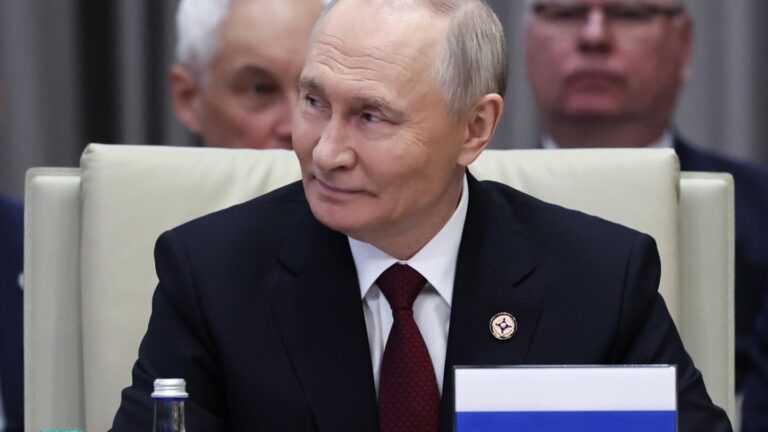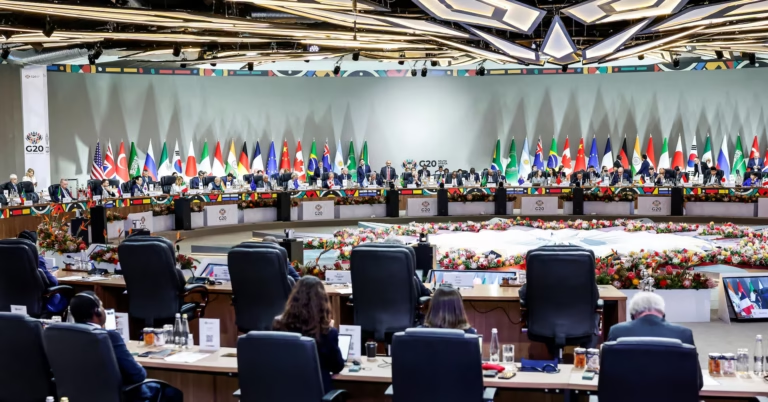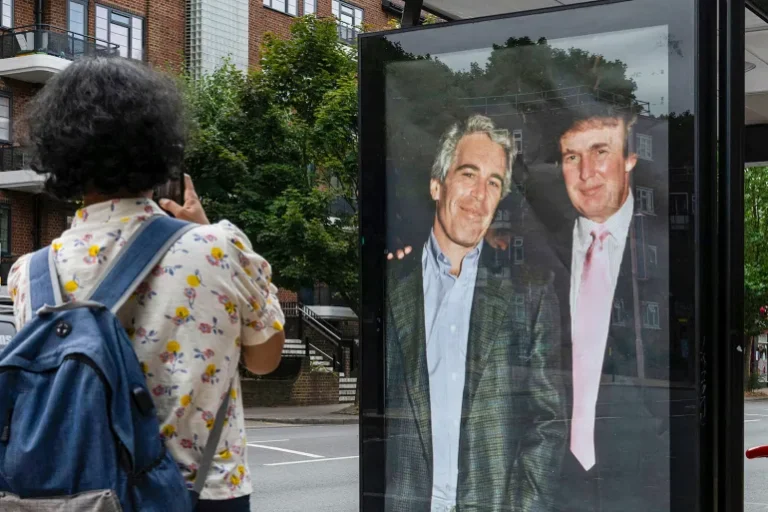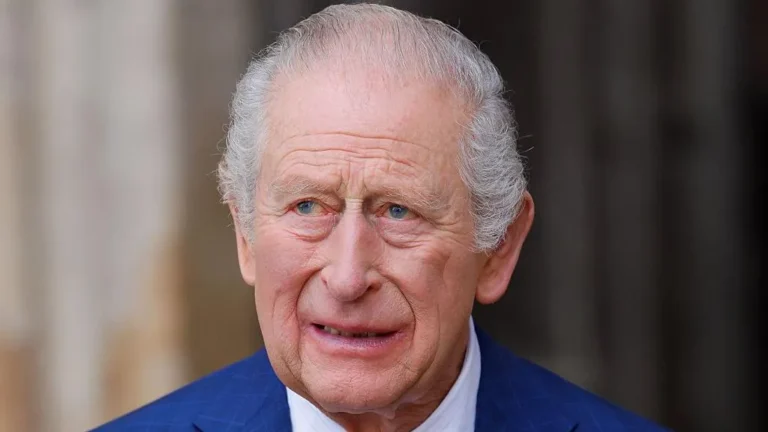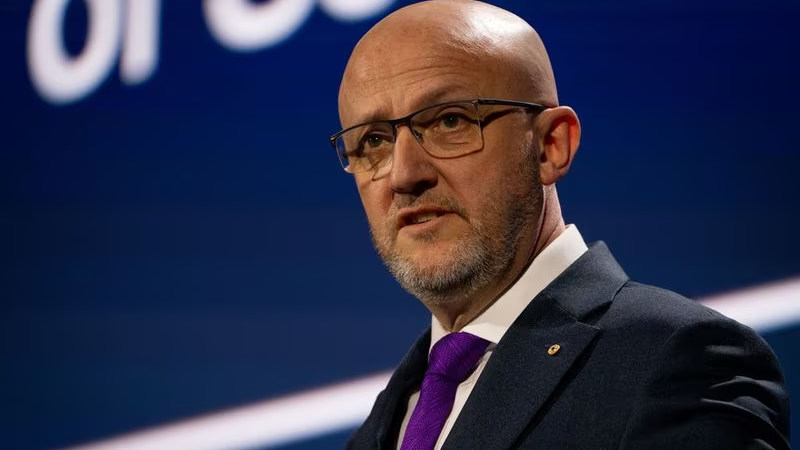
Australia’s domestic intelligence chief has delivered a stark warning: at least three foreign governments are “willing and capable” of carrying out assassinations on Australian soil. Speaking during the 2025 Lowy Lecture in Sydney, Australian Security Intelligence Organisation (ASIO) Director-General Mike Burgess described a “realistic possibility” that a regime would target a dissident in Australia.
Escalating threats and state-sponsored violence
Burgess said that in its latest assessment ASIO regards the risk of foreign-state lethal targeting inside Australia as very real. He emphasised that authoritarian regimes are increasingly “reckless” and willing to undertake “high-harm” operations in countries considered hostile, including hiring criminal cut-outs to mask their hand. Australia has already seen examples of this: arson attacks on Jewish businesses and places of worship were later linked by ASIO to the Islamic Revolutionary Guard Corps (IRGC), which used local intermediaries.
He also revealed that a foreign intelligence service recently attempted to recruit an Australian to provide inside information on the economy, critical minerals and the multibillion-dollar AUKUS submarine program only to be foiled by ASIO. The spy chief warned that the same adversaries are now exploring lethal options: “We believe there are at least three nations willing and capable of conducting lethal targeting here,” he said.
READ ALSO: Indian Man Assaulted at Toronto Café Sparks Outrage and Xenophobia Debate
In discussing which countries might be on that list, Burgess stopped short of naming them. However, commentary and expert analysis point to actors such as Iran, Russia and China as potential suspects, though Australia’s intelligence chief made clear the countries know they are on notice. One expert noted: “The countries that I didn’t mention by name know who I’m talking about.”
Fraying social fabric, extremism and espionage
Beyond direct threats of violence, Burgess painted a broader picture of Australia’s mounting national-security challenges. He warned that the country’s social cohesion is under siege from multiple directions: extremist ideologies, conspiracy-theory networks, overseas propaganda and artificial-intelligence-amplified disinformation. He described how the internet “incubates” grievance narratives, social media “accelerates” them, and AI threatens to “exacerbate” them.
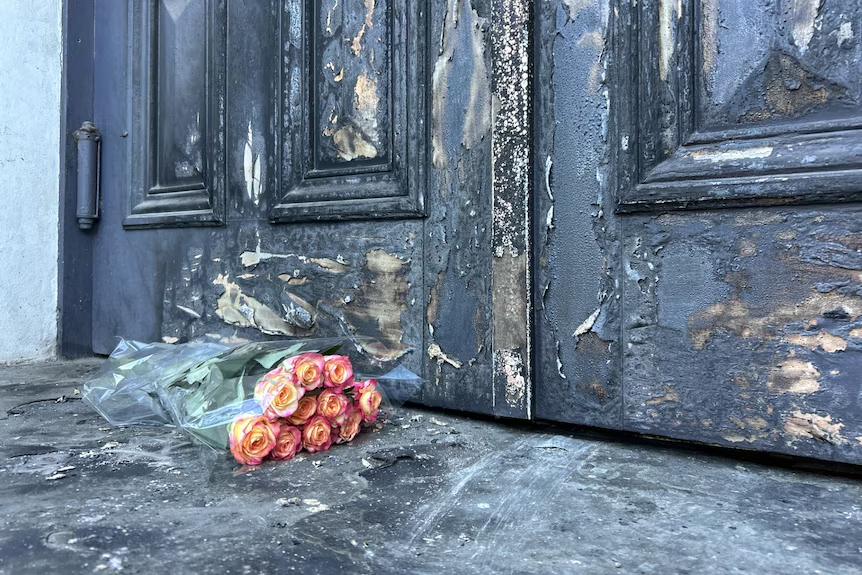
Groups such as the far-right National Socialist Network and the Islamist organisation Hizb ut‑Tahrir have been singled out as exploiting public protests or online outrage to recruit and radicalise. At the same time, the merging of espionage, foreign interference and societal polarisation has produced “an unprecedented cumulative level of potential harm,” Burgess said.
Despite the warning tone, Burgess struck a note of cautious optimism: Australian agencies are “acutely alive” to the threats and working around the clock. He stressed that everyone not just security agencies has a role to play: “Our words matter, our decisions matter, our actions matter.”

